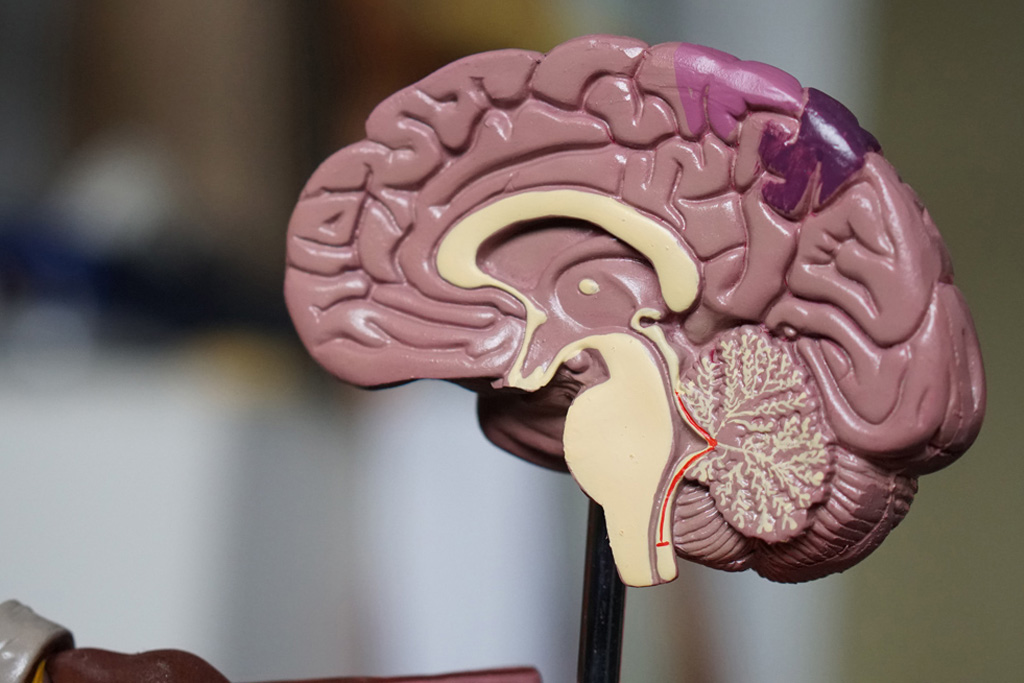Molecular Mechanisms In Neurodegenerative Diseases

Researchers have a deeper understanding of the molecular mechanisms at work in neurodegenerative diseases. Their findings represent significant insights that may aid brain health, as well as motivate biologists seeking to learn more about brain diseases.
Advancements in Molecular Biology and Understanding Brain Mechanisms
A study, which appeared in the journal Proceedings of the National Academy of Sciences (PNAS), describes the discovery of molecular insights into how toxic proteins are regulated in brain diseases. It is part of breakthrough studies that inform new avenues for treating diseases such as Alzheimer’s and Parkinson’s.
The information offered by the PNAS study, as well as research into the molecular mechanism that is essential for long-term memory storage, leads to greater understanding of what goes wrong in certain brain diseases.
For starters, maintaining a healthy brain as we age requires the careful regulation of cellular protein synthesis, folding, and degradation systems. Neurodegenerative diseases disrupt this maintenance—clumped fragments of misfolded proteins spread to neighboring cells. Many neurodegenerative diseases are caused by the brain’s inability to cleanse itself of toxic buildup.
The details of how toxic proteins contribute to neurodegenerative diseases may uncover potential avenues for treatment. Furthermore, research is leading to:
- Explanations for how some brain diseases begin, spread, and worsen.
- New methods for treating brain disorders by reducing protein misfolding.
Neurological Disorders and Brain Health
Maintaining a healthy brain is critical to overall health and longevity. Therefore, it is important for biologists to understand brain health, the effect of neurological disorders on the brain, and how brain diseases can be treated and prevented.
Many neurological disorders disrupt brain function and health. These disorders are categorized into three main groups, according to an analysis on brain health:
- Brain diseases from damage to brain structures—traumatic brain injury, brain tumors, meningitis, and communication and sensory disorders.
- Functional brain disorders that have destroyed brain connections including neurodegenerative diseases (e.g., Alzheimer’s disease, Parkinson’s disease, dementia) and mental illnesses (e.g., schizophrenia, depression, bipolar disorder).
- Brain disorders without detectable structural or functional impairment (e.g., migraine headaches, sleep disorders).
According to many in the medical and science fields, the mechanisms behind brain dysfunction in some neurological disorders are not well understood. They acknowledge the need for a better understanding of the mechanisms of brain function.
New findings into brain mechanisms are opening doors for further research into disease prevention and treatment. However, scientists are also being asked to take a more comprehensive approach to research that considers age, culture, geography, and other patient-centered assessments. This multidimensional approach could have practical and positive effects on the care of brain disorders.
Help Pave the Way for New Biological Insights
By examining life at the cellular and molecular level, experts are able to guide research that helps people live healthier lives. John Carroll University offers a Bachelors of Science in Cell & Molecular Biology that can prepare you for impactful work in the biology field. This biology degree program may lead to a career in medicine, biomedical research, biotechnology, pharmacy, health care, teaching, or other professions that need a strong foundation in cellular and molecular processes.
JCU is a private Jesuit university located in University Heights, Ohio, near Cleveland.
